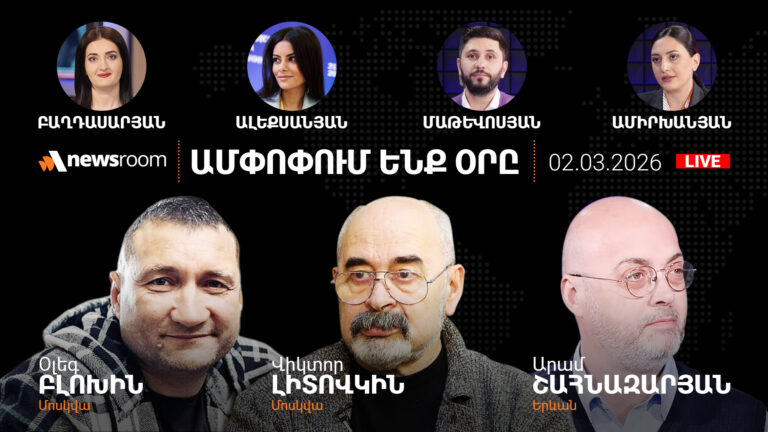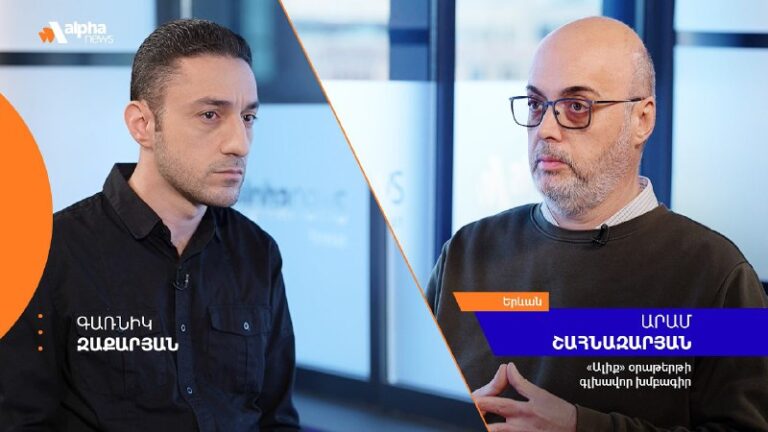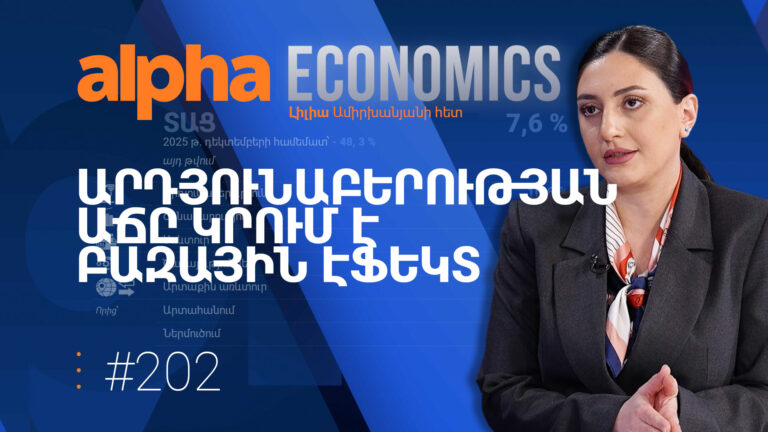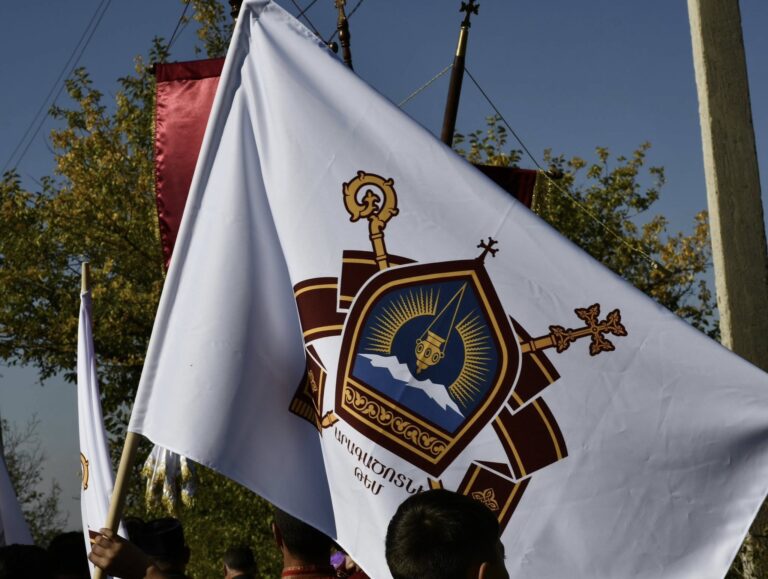What can help to avoid war?
May 08 2024, 12:10
Nikol Pashinyan’s previously announced press conference took place on May 7, with one of the main subjects of discussion being the delimitation process with Azerbaijan in the Tavush region. Although we say “delimitation process”, we understand that this is actually the process of unilateral concessions to Azerbaijan.
In the context of this issue, Nikol Pashinyan has repeatedly used the word “war”. The essence of Pashinyan’s position is that if the “delimitation process” in Tavush is stopped today, a “legitimate” war with Azerbaijan will follow.
To begin with, we should understand who is responsible for the fact that the delimitation process may end in war. As you remember, in 2021, during the trilateral meeting of the leaders of Armenia, Russia, and Azerbaijan, it was decided to create delimitation commissions. Later, Russian President Vladimir Putin even said that the maps of the USSR General Staff could become the basis for delimitation. Moreover, Putin also said that the delimitation should be carried out in such a way that “people do not suffer inconveniences”. In other words, the residents of Kirants would have no problems today if the delimitation had been carried out in accordance with the previously agreed principles.
By Nikol Pashinyan’s personal decision, Artsakh was surrendered to Azerbaijan, and this was presented as the basis for ensuring Armenia’s territorial integrity. It was also stated that the delimitation should take place on the basis of the Alma-Ata Declaration. It is precisely this delimitation that has created a situation in which even Pashinyan admits that war is more than possible. But it became possible because of the actions of official Yerevan.
If we decipher the political subtext of Pashinyan’s statements, we can conclude that he is blackmailing people by saying that Baku demands concessions, and he is the only one who is ready to make these concessions. If the public demands political changes, it threatens Armenia with collapse and war. Moreover, given Turkey’s statements that it will not tolerate a military coup in Armenia, it becomes clear that in the case of current developments that may lead to political changes, both Turkey and Azerbaijan can “join the game”.
On top of that, the whole logic of the authorities’ action boils down to the fact that even if political changes take place in Armenia, Armenia’s new leader should have the same “short political life” as Samvel Shahramanyan had as president of Artsakh.
Such a danger really exists, and it is foolish to ignore it. But what is the way out? The fact that official Moscow and Iran did not welcome the process of unilateral concessions on the part of Armenia, which will lead to a change of borders in the South Caucasus, indicates that Armenian statehood has geopolitical partners.
It is important that, at the time of potential processes in Armenia, these partners express their clear position that what is happening in Armenia is an internal matter of Armenia and that any internal political processes taking place in Armenia within the framework of the Constitution and laws of the country cannot become a reason for an escalation of the military situation in the region. It would be nice to see, in the context of such statements, Iran’s military exercises on the border with Armenia, as well as the exercises of the 102nd military base and the troops of the Southern Military District, which would prove the seriousness of the intentions of Armenia’s allies to defend its territorial integrity.
Think about it…






